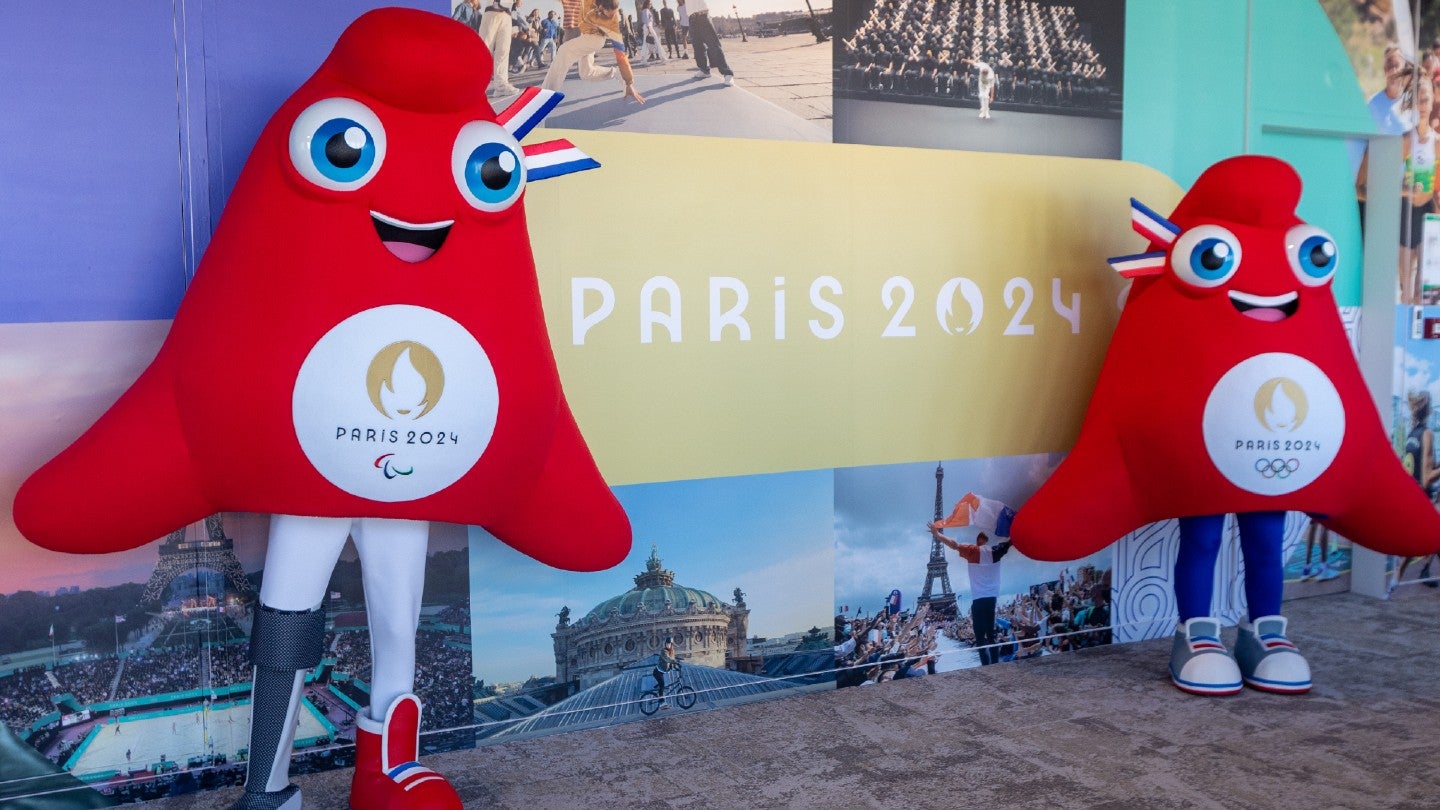
As we approach the holiday season, we often reflect on what we have achieved throughout the year, looking to make sense of our achievements and sort the highs from the lows.
For professional athletes, this can be quite a straightforward equation – did I win? For those who did, great, let’s do it again next year. For those that didn’t, you now have a definite target to aim for.
What about those of us on the commercial side of sport? Well, based on the data from the GlobalData Sport Intelligence Centre, 2023 was a tough, challenging but ultimately successful year. So, what should we expect in 2024 and what trends will define the year ahead across sponsorship, media, and event hosting?
With our Thematic Intelligence team, we have been looking at the key trends that will define every industry in 2024, and the sports sector will be as vulnerable to one particular trend as every other industry – Artificial Intelligence (AI).
AI is likely going to define how sports interact with fans in the future, so the need to understand the opportunity and how the technology works will be crucial for federations, leagues, and teams moving forward as existing and potential brand partners will want to understand how the technology can be utilized to maximize fan engagement.
AI will eventually be able to create personalized content for sponsors to engage with fans, so ensuring fast adoption of this technology will be crucial. While the sports industry is typically slow to embrace change and new technology, AI will become pervasive throughout society so sport must keep up.
How well do you really know your competitors?
Access the most comprehensive Company Profiles on the market, powered by GlobalData. Save hours of research. Gain competitive edge.

Thank you!
Your download email will arrive shortly
Not ready to buy yet? Download a free sample
We are confident about the unique quality of our Company Profiles. However, we want you to make the most beneficial decision for your business, so we offer a free sample that you can download by submitting the below form
By GlobalDataA continuing area of interest will be streaming services, or in broader terms the challenge that streaming/OTT services have presented to traditional broadcasters.
While the streaming of sports content has developed over the past few years, traditional broadcasters are still in pole position here, able to secure premium sports rights even in the face of this constant pressure.
The likes of Apple and Amazon have certainly made inroads in the US, while DAZN is a premier sports broadcaster in several key markets.
However, traditional broadcasters such as Comcast-owned Sky and NBC, as well as WBD-owned TNT still hold most premium sports rights in key target markets, as evidenced by Sky retaining the English Premier League rights in the UK, while the NFL is still shown across traditional services in the US for the most part.
While the death of the traditional television model has been overstated, the evolution of how sports are broadcast will continue to develop in 2024. The NFL has partnered with YouTube to broadcast games in the US, while the NBA’s social media presence is the blueprint for many leagues and sports to follow, something F1 has managed to do with great success in recent years.
While technology will play a key role in sponsorship activation and media production and presentation, ESG is likely to continue to be the focus for events, with hosts and event organizers recognizing the importance of sustainability in the efforts to stem the tide of the global climate crisis.
Sustainability was a central pillar for the IOC in its Agenda 2020 framework and continues to be a key focus, especially when looking at the hosting of future Olympic Games, with LA 2028 embracing the challenge.
Social and governance issues will also be a key focus for the sports industry, with the continued growth of women’s sports under the spotlight. Paris 2024 will be the first Olympic Games to provide parity in terms of the number of male and female athletes, while the growth of women’s soccer has been demonstrated this year with an audience of 2 billion globally watching the 2023 Women’s World Cup.
However, until major changes happen at board level, the sight of men still using their platform in running women’s sport to impose themselves on women will sadly continue to play out, as was the case with Luis Rubiales.
This is a wider social issue, but one that the sports industry will be at the forefront of in terms of leading the change.








Related Company Profiles
Amazon.com Inc
Apple Inc
Comcast Corp
Sky Ltd